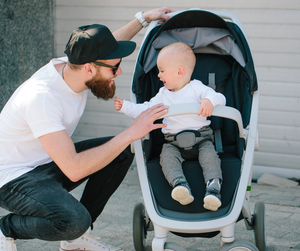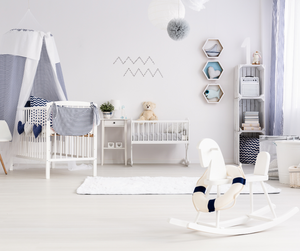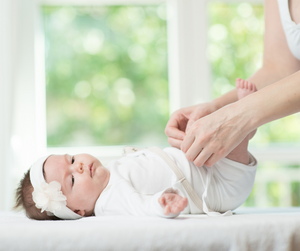Parenting Leave
Why take parenting leave?
Employees who are eligible may take unpaid parental leave to care for their child's welfare, such as to:
- devote more time to their children
- explore new schools
- adjust children to new childcare settings
- spend more time with family, such as by paying visits to grandparents
During parenting leave, their employment rights (such as the right to pay, take vacation, and return to work) are safeguarded.
What are you entitled to?
Parenting leave is not paid. You are entitled to 18 weeks of leave for each child and adopted child up to the age of 18.
The maximum amount of parental leave that each parent can take in a year is four weeks for each child (unless the employer agrees otherwise).
Unless your employer agrees otherwise if your child is disabled, you must take parental leave in whole weeks (e.g., 1 week or 2 weeks) rather than individual days. You are not required to take all of your leave at once.
A 'week' is the amount of time an employee typically works over the course of seven days.
Example,
If an employee works three days each week, one "week" of parenting leave is equal to three days. If an employee works irregular weeks, the number of days in a 'week' is calculated by dividing the total number of days worked in a year by 52.
Carrying over leave from a previous job
Parenting leave is granted for each child, not for an individual's work.
Example,
An employee is entitled to 18 weeks of leave. They previously worked for a company that used ten weeks. If they are eligible, they can take leave up to to 8 weeks.
Eligibility Criteria
Employees are eligible if all of the following conditions are met:
- They've been with the company for almost a year.
- They are mentioned on the birth or adoption certificate of the child, or they have or intend to have parental responsibility.
- They are not self-employed or a 'worker,' such as an agency employee or contractor.
- They are not a foster parent (unless they have been granted parental responsibility by the courts).
- The child is under the age of 18.
Employers can request documentation (such as a birth certificate) as long as it is appropriate to do so; for example, they cannot request proof every time an employee requests leave.
Employers have the option of extending parental leave to people who are not qualified. Employees can look this up in their employee handbook.
How much notice do I need to give?
Employees must provide 21 days' notice prior to their anticipated start date. It is 21 days before the week the baby or child is expected if they or their partner are expecting a baby or adopting.
Employees must include the start and end dates in their notice. This does not have to be in writing unless the employer wants it.
Can parenting leave be delayed?
Leave cannot be postponed (delayed) if:
- The employer does not have a major reason,' such as it would create significant interruption to the business.
- It is obtained by the father or partner immediately upon the birth or adoption of a child.
- It means that an employee would no longer be eligible for parental leave, such as deferring it until after the child reaches the age of 18.
If it is rescheduled, the employer:
- Must explain why within 7 days after the initial request
- Recommend a new start date that is within 6 months of the original start date
- Cannot alter the amount of leave requested




